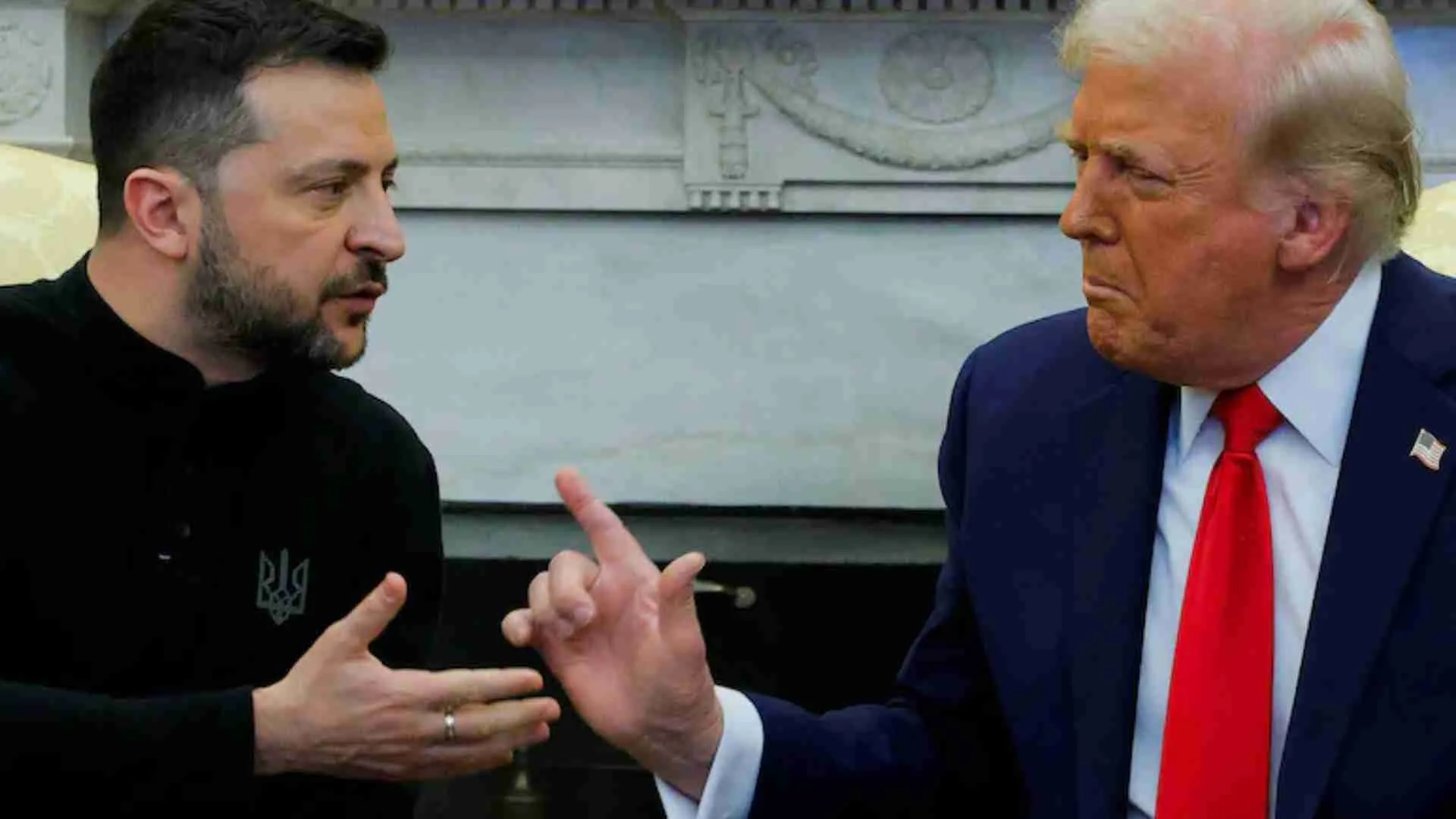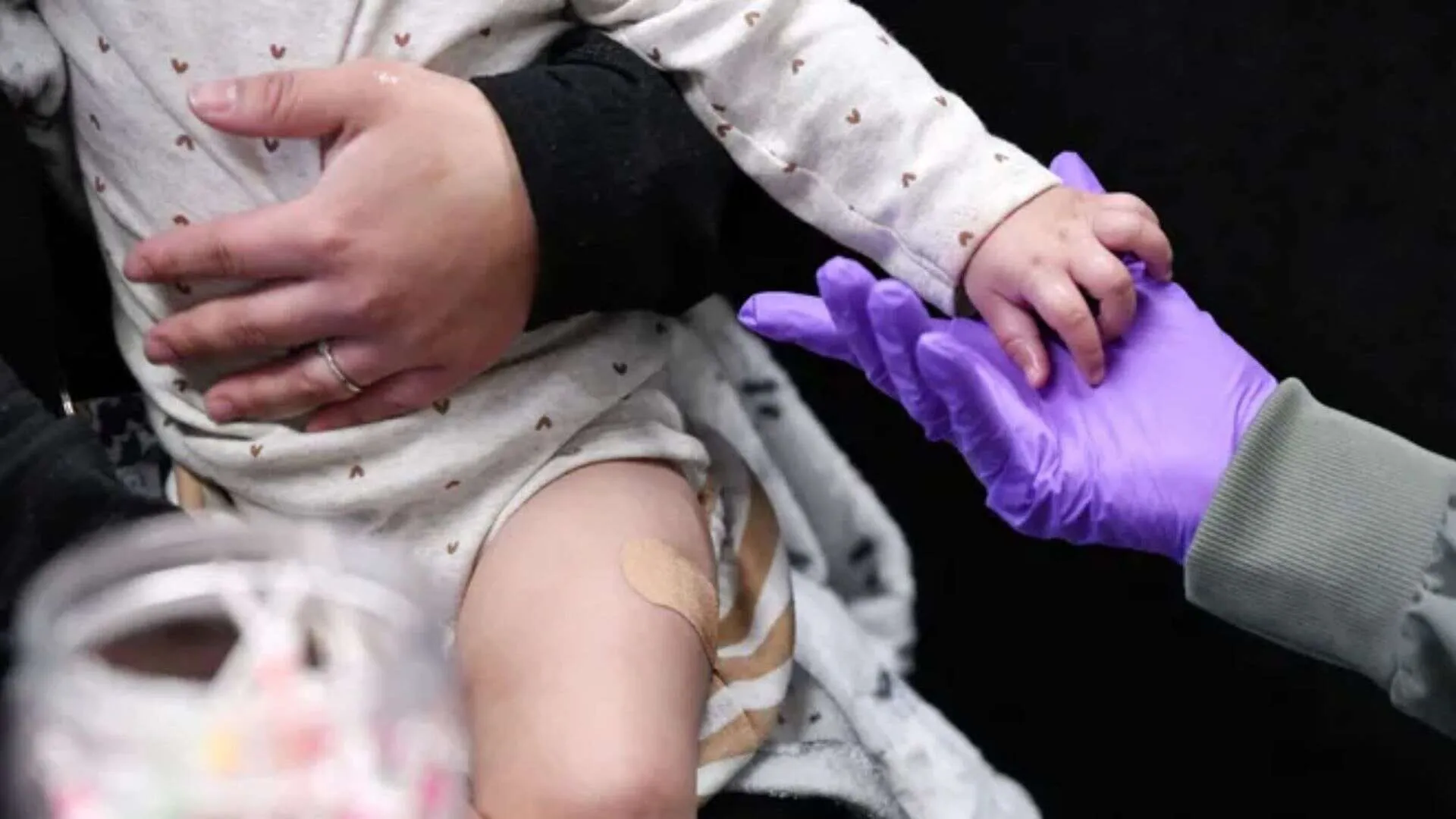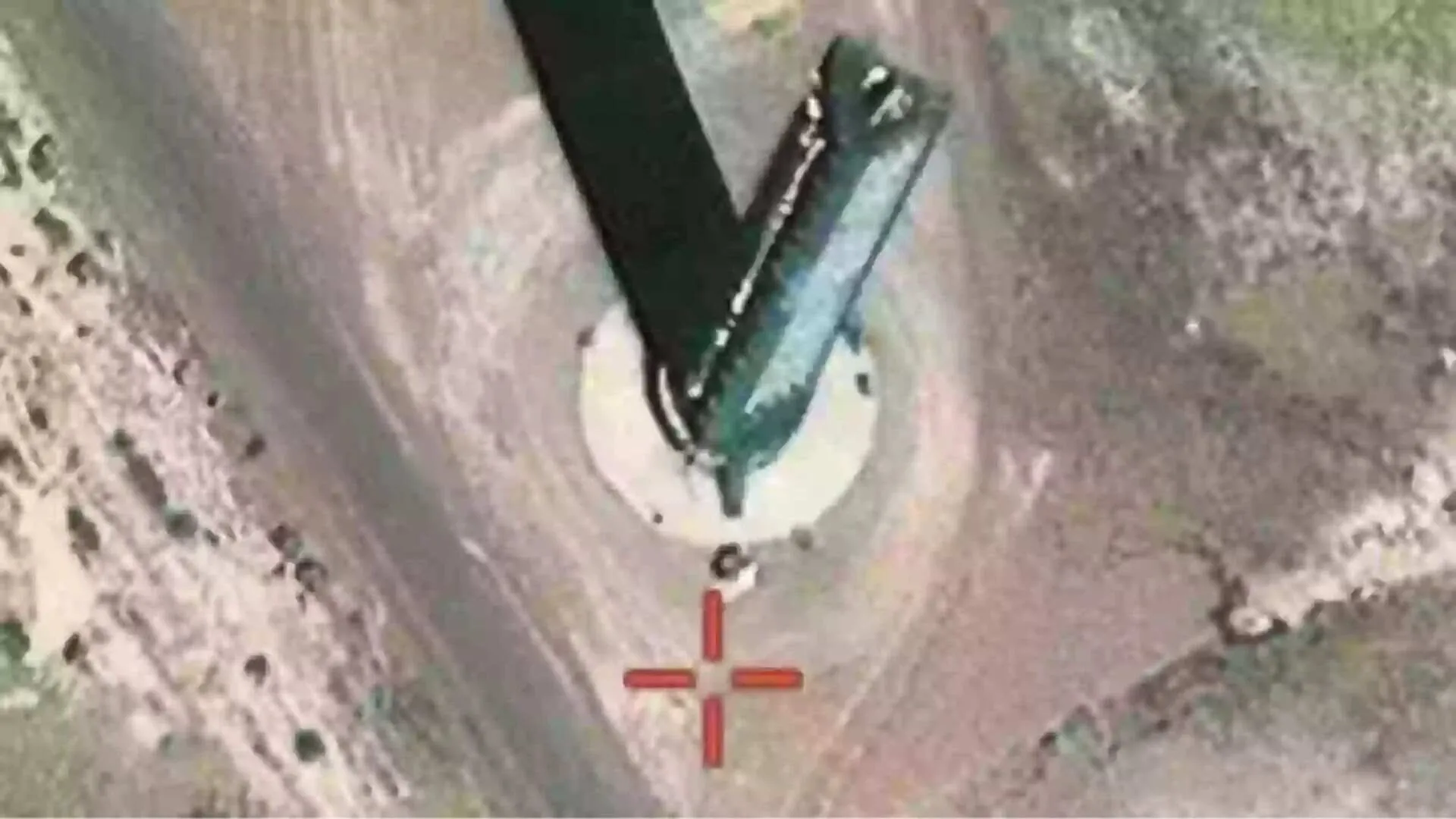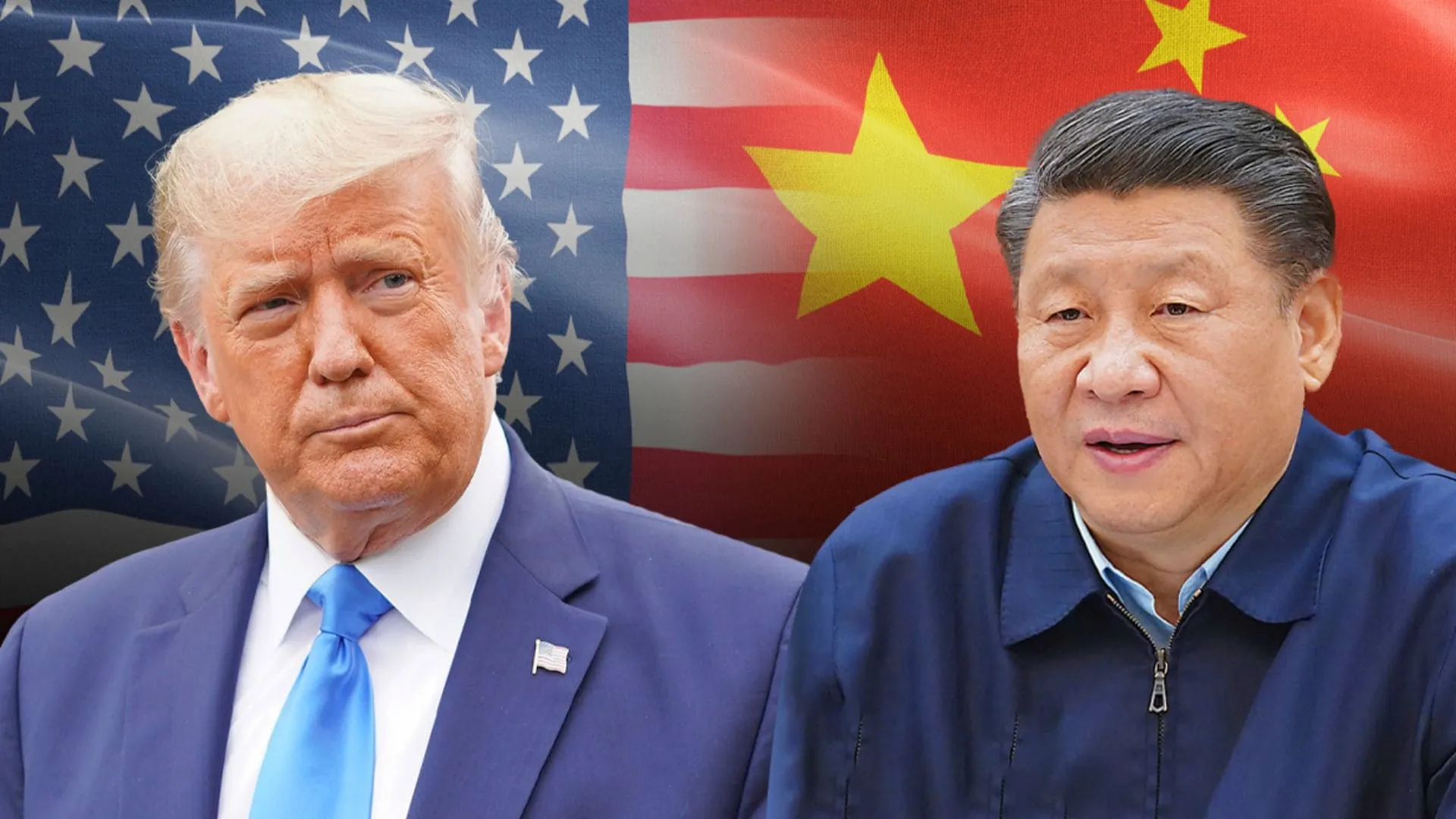From the time humans stepped into water with the benefit of the buoyancy of a hollowed-out log, seafaring has always been a saga of respect for skill and human spirit. In the Indian Ocean, littoral communities along the coast have been traversing the length and breadth of the oceanic space for the past few millennia. On Tuesday, at the opening day of the maiden National Maritime Heritage Conclave, discussions on coastal communities recognised their influence along the coast and across the seas. Day 2 will reflect the elements of gender in Indian Maritime History and Trans-oceanic Connectivity. It is apt to examine what is needed for one to dare to venture to the sea. A seafarer requires a balance of specialised skill set, which includes navigation, maritime law, meteorology, etc.
A careful examination of history reveals accounts of women involved in seafaring activity. Maritime women of the Medieval Era were feisty and adept in aptitude across a broad spectrum from administration to military. In the medieval era period, one such heroic figure was Rani Abbakka, a warrior queen who fought against the Portuguese. Her story stands out as an excellent example of administration and skilled military tactics. Yet the stigma of Samudrolanghan slowed maritime activities and a resulting fear of sea halted flourishing Maritime activities. These were largely confined to coastal communities.
In more recent times, the involvement of women in the Maritime Sector has gained momentum over the past few years. Common perception is that prior to 1988 there were limited opportunities for women in the Maritime Industry. The annals of the Royal Indian Navy, especially during World War II narrate the saga of Women’s Royal Indian Naval Service. It was established to support the war efforts even if not on the ships. After the start of a global programme for integration of Women in the Maritime sector established by International Maritime Organization (IMO) many opportunities arose for women in the Maritime domain. After 1992 the Indian Navy permitted women to join as Short Service Commissioned Officers in specific branches.
Recent news of Indian Navy women officers joining combat duties from the aviation cadre on Navy warships drew significant attention and inspiration. It is not a singular moment of engagement but a continuing evolution of opportunities for recognising skill over gender. It requires great strength and skill to brave the sea and even greater resilience to sustain its challenges. Day 2 of the ongoing National Maritime Heritage Conclave will bring first-hand experiences from our panel of Maritime women. In the skills for seafaring, sea does not recognise gender group or oceanic genealogy. Specifically, the role of women in Indian Maritime History is a prominent unsung frame in the annals of history
The third session progresses into another unsung frame of the Maritime Domain which is Trans-Maritime Connectivity across IOR. The landmass of India being largely surrounded by the water bodies makes the ocean a medium of connectivity to the world. This Maritime connectivity largely transgresses into India’s unsung Maritime History. India being a landlocked country the sea blindness of Indians comes as a shock. A detailed study of our country’s maritime history reveals a strong oceanic connect dating far back to the Indus Valley Civilisation, with Lothal being one of the oldest port cities of the world and Rig Veda having one of the earliest literary references to maritime activities of the country.
Oceans have played an important part in Indian philosophy and have been associated with a variety of celebrations and rituals across ages. These maritime practices throw light on how India’s seasonal festivals and associated rituals have a clear connection between the maritime voyages and the climatological time frames.
India has witnessed cultural and traditional exchange, trade and commerce through the oceans for a long period of time. Contrary to popular belief, the system of a maritime passage through the Indian Ocean evolved out of a gradual integration of trading port towns along the coastlines of Africa, Arabia, India, South East Asia, China and Europe! The Indian Ocean Region experienced extensive maritime trade and at its peak rivalled the Silk Route.
Ships traversing the Ocean carried valuable merchandise, skills, knowledge, civilisation, culture, religions ideas inventions, artistic style, philosophies, and social customs from one end to another. This maritime web of commerce and cultural exchange operated on seasonal monsoon winds. Oceanic activity in the region encouraged by the unique feature of monsoons allowed the countries involved to have an active participation in maritime trade, thus creating a long history of maritime activities covering a period of about five millennia. Maritime activities of the past and the present have led to a cultural migration and created a global commerce that has influenced the face of Indian history and culture. This lineage of maritime heritage and history is indeed a testimony of our strong connections and relationship with the sea.
India’s strategic position in the Indian Ocean Region has ensured that we have a list of maritime stories and heroes that have left an impressive wake. We can say that the world that we see today is a legacy of our Maritime excursions and its history. India has a very rich maritime history and we are just beginning to explore it. There was a golden age of Indian seafaring and a major part of it remains unknown or unexplored creating an opportunity for us at Maritime History Society to dive deeper.
Staying true to the mission of ‘awakening maritime consciousness’, Maritime History Society holds an Annual Maritime History Seminar each year on a selected Maritime Theme. This year’s 42nd edition which is envisaged as a National Maritime Heritage Conclave (NMHC) is being organised in collaboration with Gujarat Maritime University, Gandhinagar, All India Marine Pilot’s Association and The Daily Guardian. This two-day conclave honours the theme “Unsung Frames in Indian Maritime History’’. Even in the emerging season of a maritime resurgence, awareness of our seafaring past and affinity for traversing the oceans is not a common pull for the populace. In that context the conclave is showcasing frames of reference that have largely suffered neglect in scholastic enquiry and narrations.
Day 1 of the conclave had explored the influence and importance of coastal communities and ended on a high note of announcement of the winners of the JG Nadkarni Memorial Essay Competition and release of a special musical tribute to the Indian Malams (boatmen); today’s session reflects upon the synergy of skills in the seafaring world. The proceeding gave a glimpse of the diverse spectrum of segments that make up the maritime dimension. There is literally a rare sector of academics that fails to have a maritime connect. It is a recognition of the geographical, climatological and cultural spread of the oceanic medium in addition to many more frames of reference and context. Celebration of the lesserknown narratives and sections of India’s maritime world is aimed to promote sea mindedness, incite a curiosity, and create awareness about India’s maritime heritage. Join the conclave by visiting https://mhsindia. zohobackstage.in/NationalMaritimeHeritageConclave2020. For more information visit our website www.mhsindia.org. And for updates of the other events follow our social media. The sea is a vast medium of opportunities and collaborations. Together we can achieve a resurgence of interest, scholarship and attention towards the Maritime Heritage of India. Maritime History Society, determined to evolve into an international institution of excellence in the maritime dimension invites your interest, involvement and integration into its journey forward. Do join us to tend to the sails, hold the sheets and surge ahead in the voyage of Heritage Awakening our Maritime Consciousness.
Ashwini Nawathe is Archives & Collections Associate, and Saba Purkar is Academic Assistant, both at MHS.





















